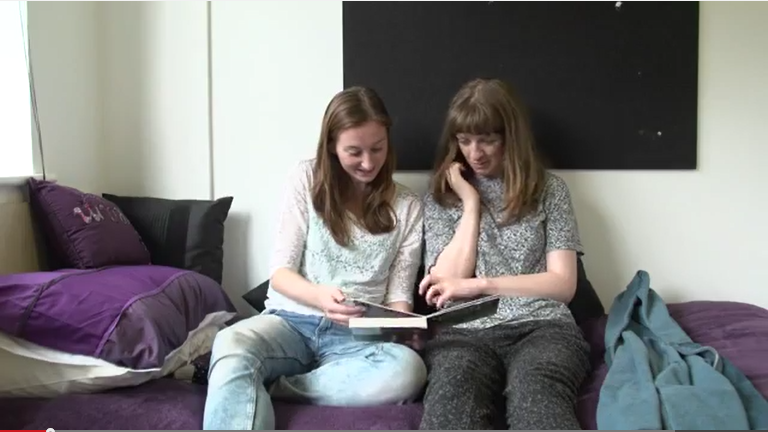Negative Social Reinforcement: Escape from Demands
Sometimes people with intellectual disabilities will engage in behaviours that challenge when they are asked to do something that they do not want to do.
The task that the person does not want to do could be a structured task at school (such as matching) or in more informal tasks such as getting dressed or washed at home. Behaviours that occur for this reason are often called demand escape behaviours. An example of this can be observed in the short film in at the top of this page (role play actors).
Another example of demand escape behaviour in action
As part of a research study at the University of Birmingham we observed a young man with intellectual disability who showed self-injury at his day centre. When tasks were presented during the day or he was required to change activities this often led to a burst of self-injury and then the demand was removed. This is the chain of events that tends to occur when self-injury is rewarded by escape from demands. Below you can download an example of demand escape behaviours by a young man with Cornelia de Lange syndrome.
A final note about demand escape behaviours
It may be the case that it is not necessarily just unpleasant task demands that are removed after behaviours that challenge. It is possible that for children who do not like social contact that behaviours that challenge can be reinforced simply by the removal of social contact that does not have any demands associated with it.




